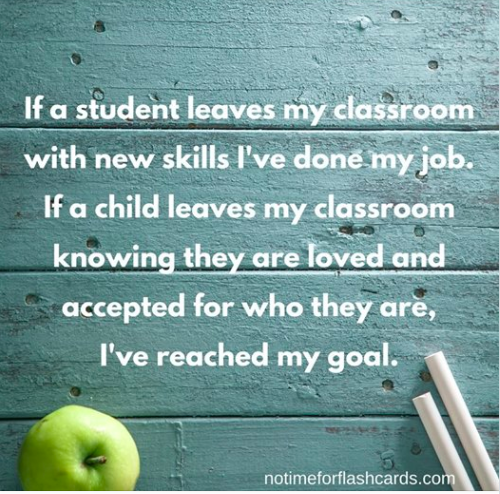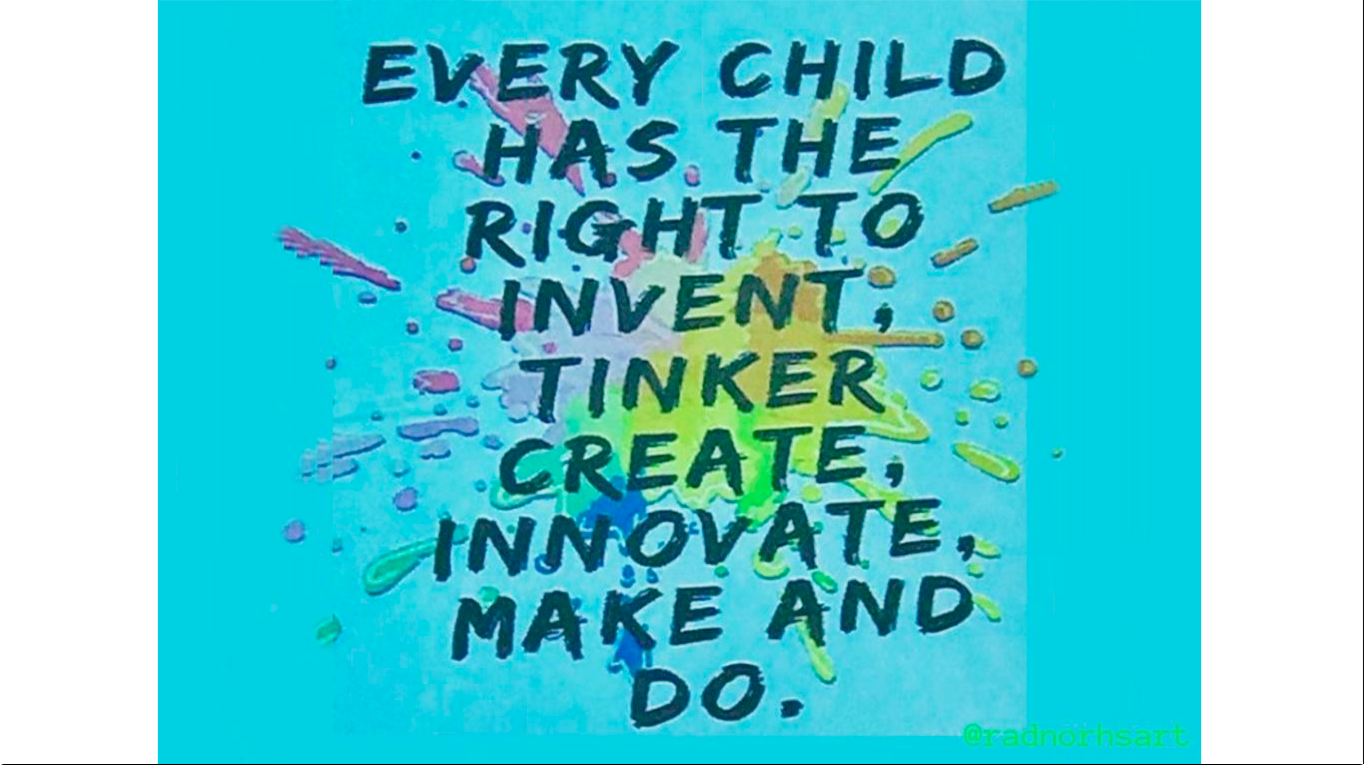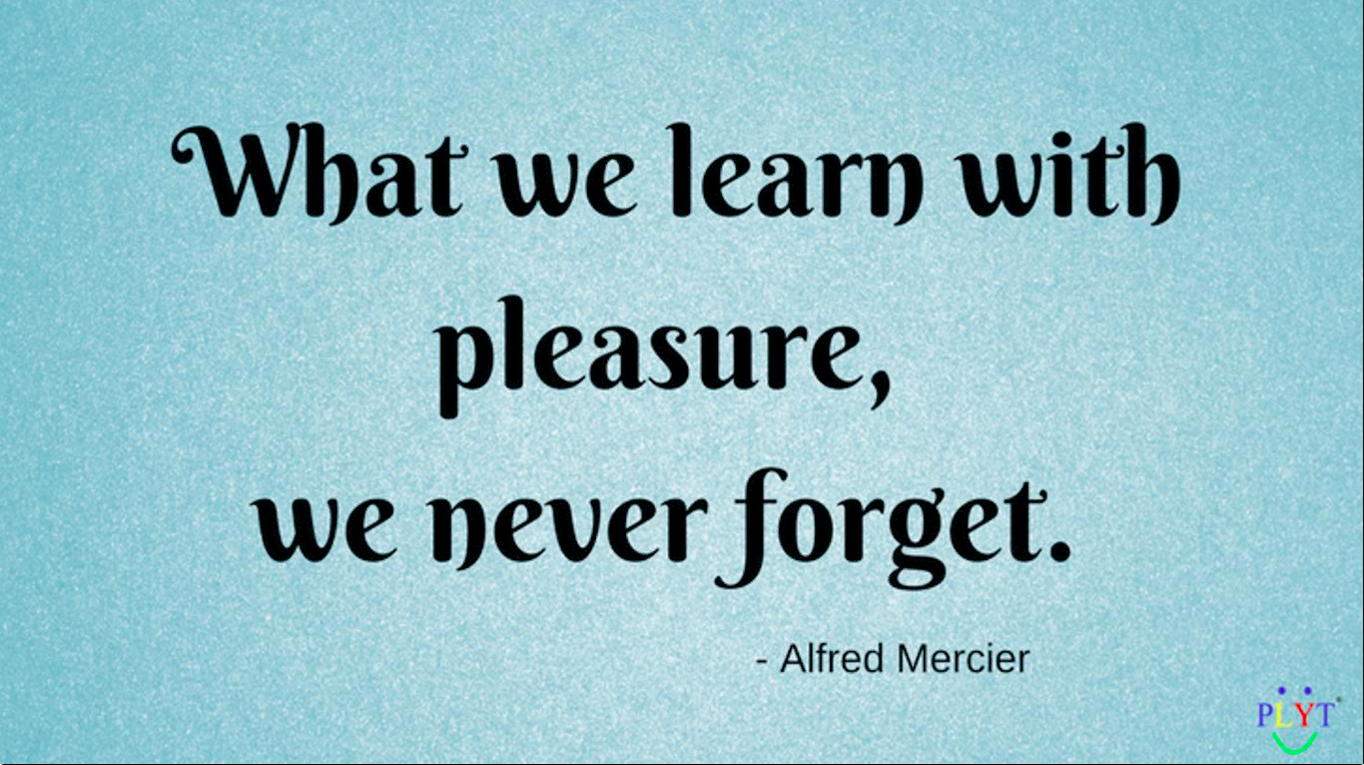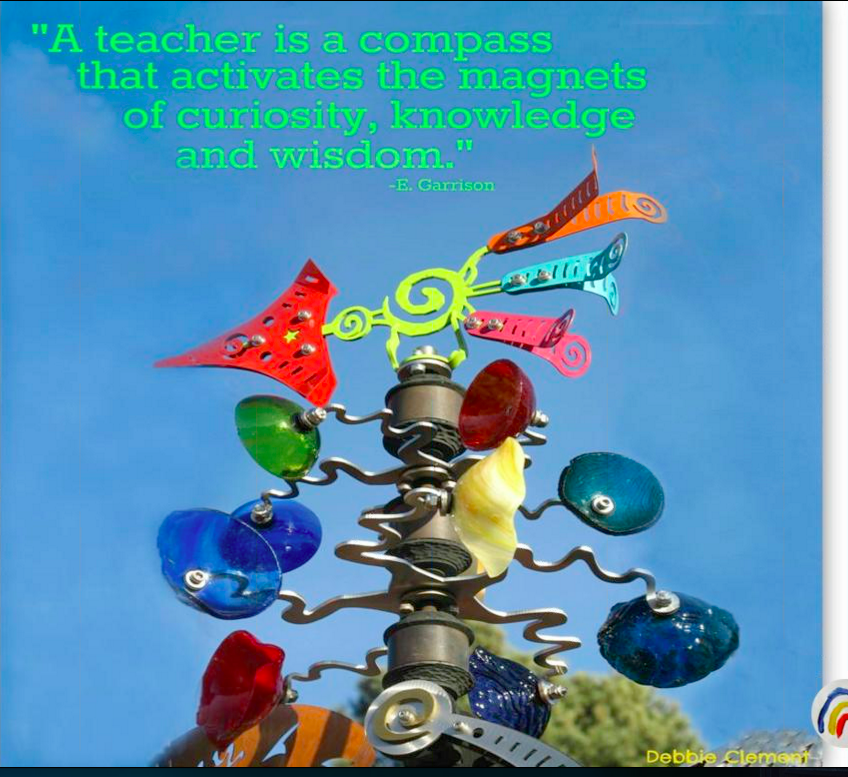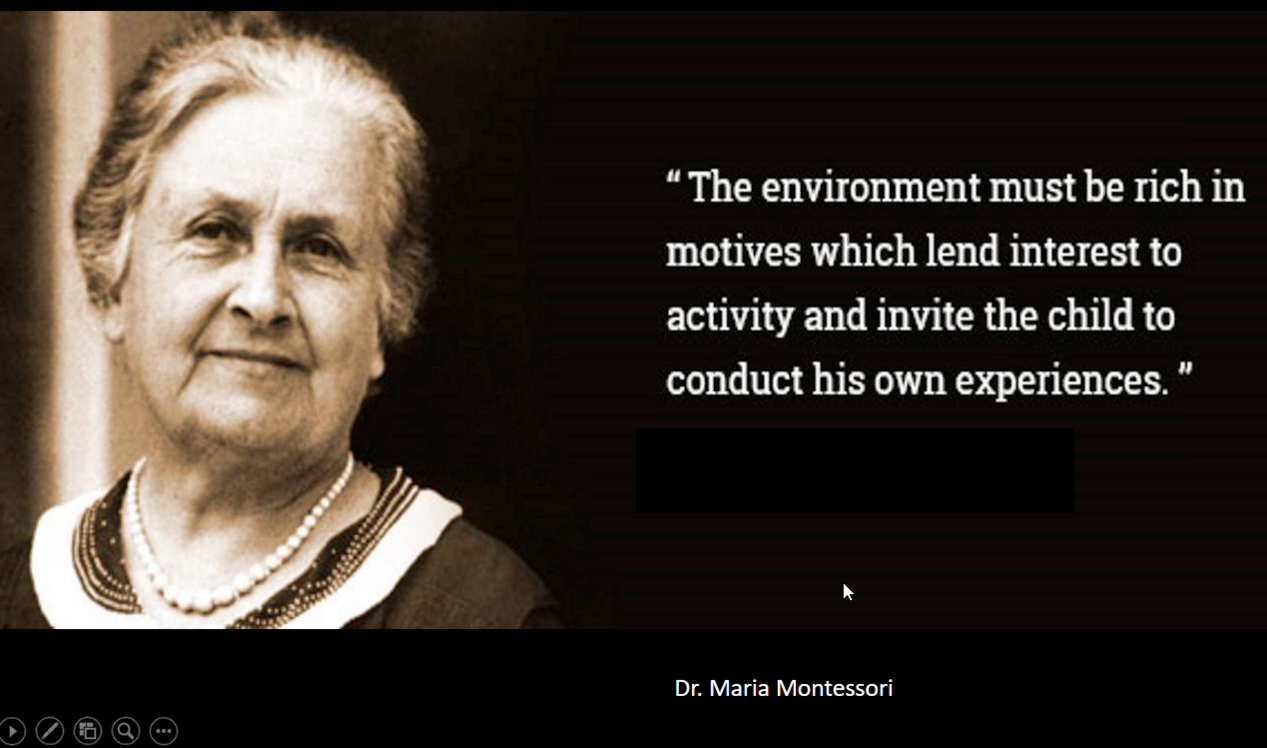
WELCOME TO THE NEW SCHOOL YEAR 2018-2019 A great article all about the benefits of play : https://www.gryphonhouse.com/resources/add-play-into-your-curriculum?utm_source=bm23&utm_medium=email&utm_term=READ+MORE&utm_content=Do+you+know+why+you+should+be+making+time+for+play?&utm_campaign=GH+PROD+10/12 Rhyming... what you can do and why you should... https://fun-a-day.com/teaching-rhyming-part-1/?utm_source=ActiveCampaign&utm_medium=email&utm_content=Teaching+kids+about+rhyming&utm_campaign=Teaching+kids+about+rhyming The Importance of Friendship in Preschool ( click link below ) https://himama.s3.amazonaws.com/uploads/blog_post/image/464/header_preschool_friendship_importance.jpg
The Marion Project GROW staff WELCOMES ALL TO PROJECT GROW MARION
Our program is an integrated public school preschool program We have two sessions : * Monday ,Wednesday and Friday OR * Tuesday and Thursday Some children attend both sessions. |
"Children should leave each day with a smile on their face and a story in their heart!".
https://mysteryscience.com/trending/mystery-5/light-color/209#slide-id-4106 How is a rainbow made ?
|
Preschool Cognitive Development :
During preschool and kindergarten (2.5 - 6 years old), children are beginning to develop and learn new skills through play. Play encourages all the important areas of development, which include: social, emotional, physical, communication/language and cognitive development.
Cognitive development refers to reasoning, thinking and understanding. Cognitive development is important for knowledge growth. In preschool and kindergarten, children are learning questioning, spatial relationships, problem-solving, imitation, memory, number sense, classification, and symbolic play.
Cognitive Development Skills Learned During PreschoolQuestioningWhen a child asks ‘why?’ to determine causes and asks questions to solve problems, and clarify their understanding.
Spatial RelationshipsExploring the spatial and physical aspects of their environment. For example, when a child places a toy into a container, dumps it out and then fills up the container again with the toy.
Problem SolvingWhen children experiment, investigate, and work together with other children to problem solve. For example, when children ask questions to understand what will happen next.
ImitationWhen children imitate the behaviors of those around them (e.g. other children, educators and parents). For example, when a child sticks their tongue out imitated another child stick their tongue out.
MemoryBeginning to differentiate between objects and people, and learn their daily routines. For example, when a child puts away their toy bin back in the same place it was on the shelf before.
Number SenseA child’s understanding of number concepts (e.g. more and less) and number relationships. They begin to understand quantities, recognize relationships and understand the order of numbers. For example, singing along to ‘Five Little Monkeys Jumping on the Bed’.
ClassificationA child’s ability to categorize, sort, group, and connect objects. For example, sorting different colored pom poms into the same colored boxes.
Symbolic PlayDuring play, children use objects, ideas and actions to stand for other things. For example, holding a toy phone up to their ear or rocking a baby back and forth.
3 Ways to Promote Your Child’s Cognitive Development1. Practice the AlphabetSing along to the ‘ABC’ song, read books about the alphabet to help children identify letters.
2. Practice CountingProvide opportunities for children to practice counting by counting the numbers of different objects found in their environment.
3. Practice Colours and ShapesIdentify the many different colors and shapes found in the environment to your child.
During preschool and kindergarten, children are beginning to ask questions, practice new skills, try new things and take risks. Educators and parents play a vital role in supporting children’s cognitive development. As an educator or parent, we need to encourage and provide opportunities for children to learn, enhance and practice their new and emerging cognitive skills.
During preschool and kindergarten (2.5 - 6 years old), children are beginning to develop and learn new skills through play. Play encourages all the important areas of development, which include: social, emotional, physical, communication/language and cognitive development.
Cognitive development refers to reasoning, thinking and understanding. Cognitive development is important for knowledge growth. In preschool and kindergarten, children are learning questioning, spatial relationships, problem-solving, imitation, memory, number sense, classification, and symbolic play.
Cognitive Development Skills Learned During PreschoolQuestioningWhen a child asks ‘why?’ to determine causes and asks questions to solve problems, and clarify their understanding.
Spatial RelationshipsExploring the spatial and physical aspects of their environment. For example, when a child places a toy into a container, dumps it out and then fills up the container again with the toy.
Problem SolvingWhen children experiment, investigate, and work together with other children to problem solve. For example, when children ask questions to understand what will happen next.
ImitationWhen children imitate the behaviors of those around them (e.g. other children, educators and parents). For example, when a child sticks their tongue out imitated another child stick their tongue out.
MemoryBeginning to differentiate between objects and people, and learn their daily routines. For example, when a child puts away their toy bin back in the same place it was on the shelf before.
Number SenseA child’s understanding of number concepts (e.g. more and less) and number relationships. They begin to understand quantities, recognize relationships and understand the order of numbers. For example, singing along to ‘Five Little Monkeys Jumping on the Bed’.
ClassificationA child’s ability to categorize, sort, group, and connect objects. For example, sorting different colored pom poms into the same colored boxes.
Symbolic PlayDuring play, children use objects, ideas and actions to stand for other things. For example, holding a toy phone up to their ear or rocking a baby back and forth.
3 Ways to Promote Your Child’s Cognitive Development1. Practice the AlphabetSing along to the ‘ABC’ song, read books about the alphabet to help children identify letters.
2. Practice CountingProvide opportunities for children to practice counting by counting the numbers of different objects found in their environment.
3. Practice Colours and ShapesIdentify the many different colors and shapes found in the environment to your child.
During preschool and kindergarten, children are beginning to ask questions, practice new skills, try new things and take risks. Educators and parents play a vital role in supporting children’s cognitive development. As an educator or parent, we need to encourage and provide opportunities for children to learn, enhance and practice their new and emerging cognitive skills.
